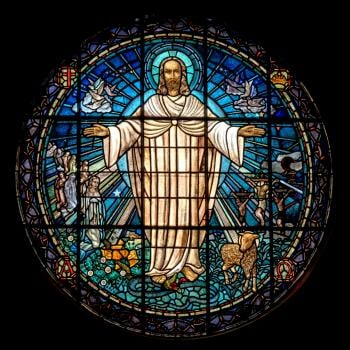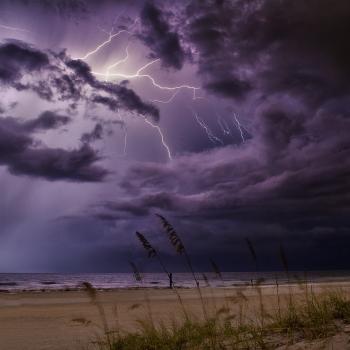The "us and them" mentality found in some forms of contemporary Christianity can make for powerful emotions, and certainly such traditions do a better job of drawing boundaries than many mainline traditions do. But this is both a problem and an opportunity; perhaps boundaries should not be drawn and groups formed around dogma, but around practice. Perhaps the circle should be drawn so that those who seek greater knowledge of God, not those who are convinced they already have it, define themselves as the Church.
If so, then the mainline churches have much to offer: faithful and thoughtful Christianity; beautiful and well-planned worship in some churches, free-floating and intuitive worship in others (and sometimes both in the same churches!); traditions of prayer, meditation, and order going back to the early Church Mothers and Fathers; recognition of the potential spiritual value of art, music, movies, and culture; the realization that Jesus called us to serve the least among us, and that our faith should lead us outward rather than inward.
For people seeking these things, the mainline traditions remain and will become even more vital and necessary in the 21st century, and any predictions of their demise are radically premature.
Greg Garrett is the author of works of fiction, criticism, and theology, including the forthcoming The Other Jesus from Westminster John Knox Press. He is Professor of English at Baylor University, and a licensed lay preacher in the Episcopal Church.





